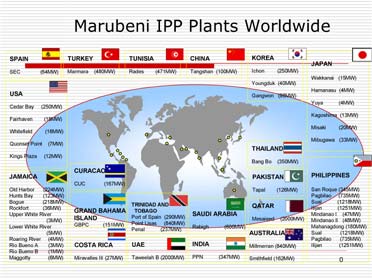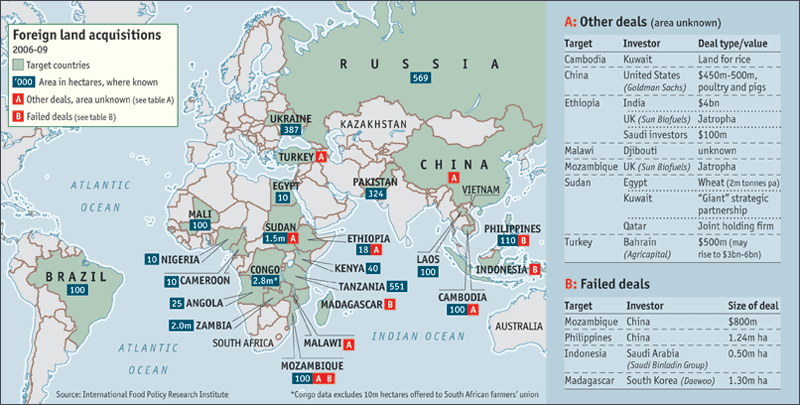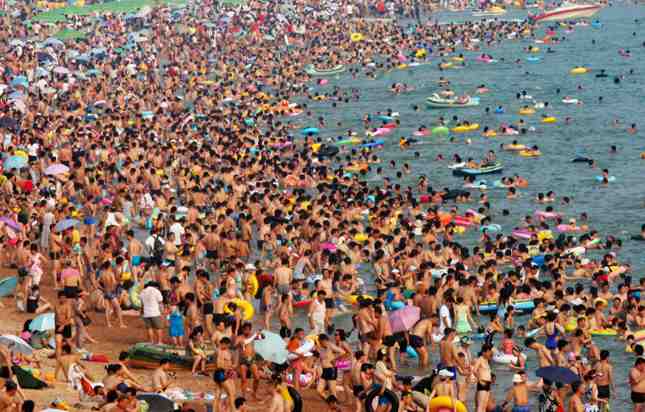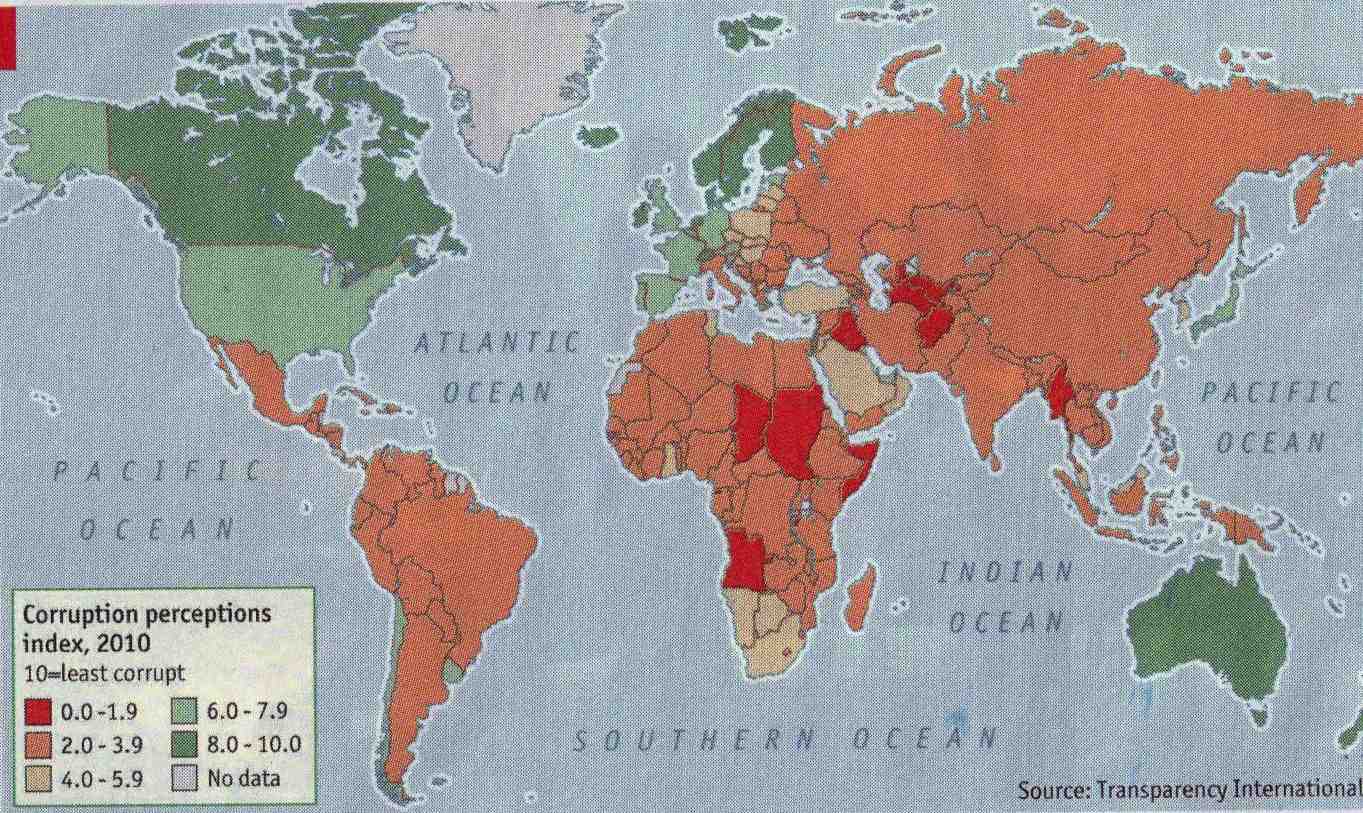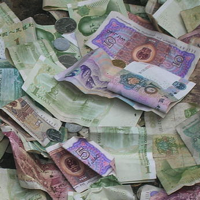
Economist cover story on coming wave of Chinese takeovers.
 As the chart shows, China's outward stock of FDI (accumulated overseas foreign direct investment) remains low, by historical standards. But since it's got the money, it's naturally going to rise.
As the chart shows, China's outward stock of FDI (accumulated overseas foreign direct investment) remains low, by historical standards. But since it's got the money, it's naturally going to rise.
Fascinating really: you can see the decline of the British empire, then the US stepping in to fund so much of the world post-WWII, and then our own progressive decline as the rest of the West recovered, then Japan rose (and fell), and now China rises. Naturally, some will wish to make the comparison of the decline of the US "empire" with that of the Brits', but our system was never set up to maintain dominance. It was set up to encourage the rise of others peacefully, which it's done (65 years of no great power war and counting, the biggest increase in human wealth/income ever seen, billions avoid poverty). The world simply couldn't handle the rise of great powers--until we came along and forced a system that could. It is, without doubt, the greatest accomplishment of any great power in human history.
But with our success comes adjustment, especially since, in our most recent decades of encouraging globalization's rise, we got addicted to the cheap money mindset afforded us by having the world's reserve currency. Again, granted, the rise of so many powers simultaneously in Asia is a huge accomplishment, but now we seem intent on turning that wonderful thing into something dangerous--dangerous enough to torpedo the system.

And we're alone in this quest. NATO's new strategic concept, as summed up beautifully by The Economist, is to expect "fewer dragons, more snakes." But we seem to reverse that equation, at least in our AirSea Battle power-projection forces (Navy, Air Force). I realize we've been Leviathan for a long time, but we're setting ourselves up for hedging/containment/struggle with our bankers--truly an awkward choice.
And we're sending these tough signals at a time when it's clear, if we're going to tap inbound FDI in coming years, we best figure out how to accept it from China, lest we go into a funk that calls into question all manner of met responsibilities around the world.
China is most definitely cheating its way to the top, just like we did in the 19th century, and more recently in the obviously mercantilist rise of both Japan and South Korea. We imagine them cheating their way right past us, but, as history has shown, it's one thing to dig stuff out of the ground, make steel and then build buildings and infrastructure, but it's quite another thing to dominant innovation-based industries.
China has its way of taking over Western companies, and the flavoring smells of all sorts of legacy communist mindset (meaning, state in charge), but what is the great success rate here? Not as high as imagined. They have no secret capabilities, just secret plans they imagine are unique and unfathomable. They are neither.
The more China reaches out and tries to own, the more it will become subject to global rules, just like any other firm that operates effectively. If China chooses politics over efficiency, its "reign" will be historically short, and its vast pool of money mostly wasted.
We can pull for such an outcome--most definitely. But it's a cutting-off-our-noses-to-spite-our-face logic. We can benefit from China's money. Indeed, it seems hard to imagine our recovery without further integration with those to whom we've sent so much money, thanks to our deficit spending. It will not be an easy path. We'll be working out this clash of cultures mentally in movies, TV and books for years to come, just like we did with the great Japanese "threat" that preceded. The only real difference here is size--as in China's market and wealth and our responsibilities and debts.
So no, at this time in history and globalization's evolution, I wouldn't be arguing for the U.S. to be planning and preparing openly for war with China (how else do you describe the AirSea Battle Concept?), no matter how carefully I hedged my language. Everybody knows what we're capable of, and that we have the only great-power military in the world with any sort of hardcore recent combat experience (and lots of it). By doing this, we invite uncertainty at unacceptable levels and risk China's long-term effort to shut us out of Asia defensively, because, yeah, a rising power of that size and strength deserves its place in the world--not merely the small space in its own region that we offer it. Did Britain have military bases surrounding the U.S. during it's rise in the late 19th century? Did it constantly get up into our grill? No, it was more sensible than that and we should be too.
China's integration into the global economy enters a whole new phase now. We can accept that and seek to shape it--hopefully to our own short-term economic advantage, or we can play long-term blocker, and watch the money and the relationships go elsewhere.
Europe isn't preparing for war with China, but we are.
 Thursday, April 28, 2011 at 12:01AM
Thursday, April 28, 2011 at 12:01AM 























